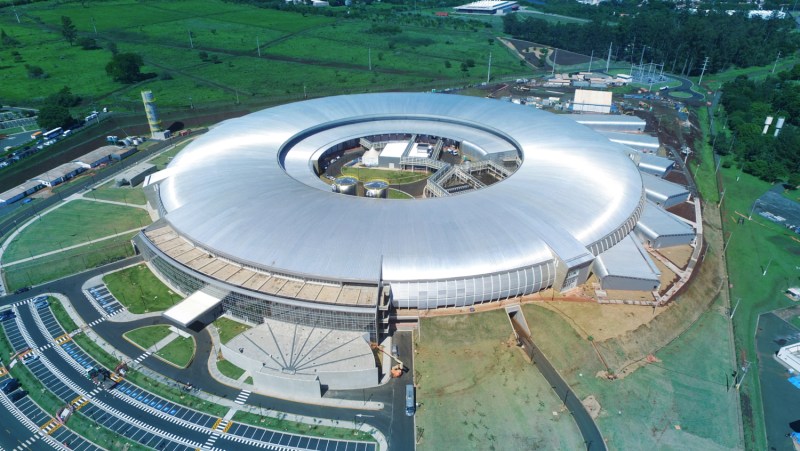RIO DE JANEIRO, BRAZIL – After Brazilian President Jair Bolsonaro signed off on a law cutting R$690 million (US$122 million) from science funding administered by the National Council for Scientific and Technological Development (CNPq), several Brazilian science societies are fighting with the funding agency’s directors to recover the lost funds, putting the CNPq’s work at risk.
“We are working with other ministers and the scientific community to change the situation,” Evaldo Vilela, president of CNPq, told SciDev.Net.
The story began earlier this year (2021) when the government pledged R$690 million for the agency and tasked the Ministry of Economy with drafting a bill that would guarantee the transfer.

The funds would come from the National Fund for Scientific and Technological Development (FNDCT), an additional source of funds to those allocated in the annual budget that must be invested in science. The money would be used for scholarships, support for the more than 100 National Institutes of Science and Technology (INCT), and funding for research.
However, following a maneuver by the Ministry of Economy with Congress on the eve of the vote on the bill, more than 90% of the budgeted amount was transferred to other ministries (Agriculture and Health), leaving only R$55.2 million (US$9.7 million) for the production of radiopharmaceuticals for cancer treatment.
The bill’s amendment, its passage in Congress, and the presidential sanction on October 15 (all within a week) put the CNPq in a critical situation, as the money promised by the government earlier this year prompted the agency to launch a public call for research funds.
The 8,800 projects submitted are currently being analyzed, and the result is expected to be published in December (2021). Still, it is not sure that this can happen because the funds are not guaranteed.
“We need these funds so as not to affect the payments, because of the R$250 million provided in our call, R$200 million comes from the Fund (FNDCT),” explained the president of CNPq.
According to the head of the agency, a new law would be an alternative to recover the lost funds, but it would have to be voted on by the end of 2021.
To justify its first maneuver, the Ministry of Economy argued that the funds earmarked for science would not be used. Scientists, in turn, dispute the argument, claiming that the amount would sprinkle the science and technology system.
“Our immediate fight is to give the funds to CNPq,” physicist Ildeu de Castro Moreira, former president of the Brazilian Society for the Progress of Science (SBPC), told SciDev.Net. The group is one of eight scientific institutions that wrote to the Senate (October 7) shortly after the congressional vote opposing an amendment to the law and calling for a review of the decision.
According to Moreira, this is a deliberate action to block resources for Brazilian science, and it is not the first attempt. Bolsonaro’s government, the researcher, added, “has a clear divergence when it comes to investing in science.”
In 2019, a draft constitutional amendment proposed the elimination of 240 public funds, including the FNDCT. Under pressure from the academic and scientific community, the government relented.
In 2021, the scientific community succeeded in overturning vetoes against the passage of a by-law (Law 177) that established the prohibition against blocking the fund’s resources and released them for statutory purposes to finance scientific and technological innovation expenditures and development.
According to Nader, going to the Supreme Court could be a good strategy. Moreira adds that the problem is not a lack of money. “We know that the fund includes R$2.7 billion,” he said.
The researchers explain that this R$2.7 billion (US$480 million) should be released in December, as these funds are collected at the end of the year. Another issue that the scientific community will have to deal with is the 2022 science budget.
No future
SciDev.Net has learned that researchers who submitted projects under CNPq’s call for proposals fear for the future of their research.
“We are losing personnel, from researchers who have migrated to institutes in other countries to young scientists who are giving up their careers or pursuing postgraduate studies abroad. We don’t know what the future holds,” said Rodrigo Nunes da Fonseca, a Federal University of Rio de Janeiro researcher.
His team presented a project to study the cellular and molecular mechanisms of regeneration in some animals, essential knowledge for thinking about regenerative therapies for humans.
For Walter Beys, a professor at the Federal University of Rio Grande do Sul whose project is studying a fungus that can be used for biological pest control, such cuts “are not a career option for science.”

